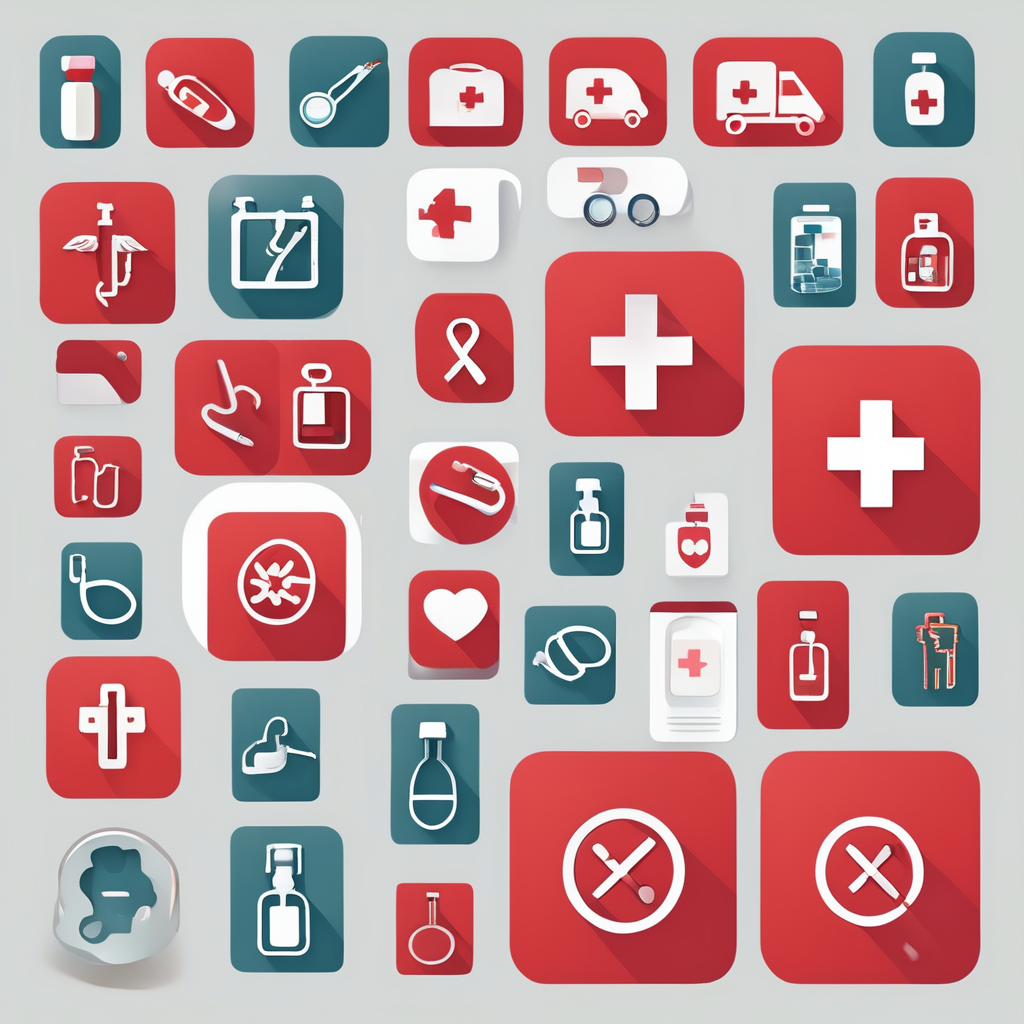Expert Overview of Heartburn During Pregnancy
Heartburn during pregnancy is a common discomfort experienced by many expectant mothers. It occurs due to hormonal changes, primarily the increase in progesterone levels, which relaxes the lower oesophageal sphincter, allowing stomach acid to travel back up the oesophagus. This, coupled with the growing uterus putting pressure on the stomach, leads to the burning sensation known as heartburn.
The implications of this condition during pregnancy can range from mild discomfort to severe pain, affecting daily activities and the overall quality of life. However, these symptoms do not harm the mother or the baby and can be managed effectively with proper care.
In parallel : Ultimate UK Guide: Best Pregnancy Exercises to Alleviate Leg Cramps
Expert advice is crucial and should always be sourced from reputable sources to ensure the safety of both the mother and the developing fetus. Leveraging credible information allows expectant mothers to make informed decisions about managing heartburn, focusing on strategies that balance relief with the safety of pregnancy. Understanding the physiological changes behind heartburn empowers women to adopt effective, personalized approaches to alleviate their discomfort.
Practical Strategies for Managing Heartburn
Navigating heartburn management during pregnancy involves a combination of practical tips and lifestyle adjustments. By focusing on effective solutions, pregnant women can significantly reduce discomfort. One highly advised strategy is altering meal routines. Timing and portion control are crucial; eating smaller meals throughout the day instead of large ones can prevent stomach overload, which contributes to heartburn.
In parallel : Discover Groundbreaking Insights: How Prenatal Music Influences Baby Development in the UK
Moreover, expectant mothers are encouraged to stay upright for at least an hour after meals to facilitate digestion and reduce acid reflux occurrence. Elevating the head of the bed slightly can also help manage nighttime heartburn by minimizing the backflow of stomach acids while sleeping.
Incorporating non-restrictive clothing allows for better abdominal comfort, limiting pressure on the stomach, a common trigger for heartburn. Hydration, although vital, should be balanced – excessive fluid intake with meals can exacerbate heartburn symptoms. Understanding these practical strategies is essential, as they focus on maintaining well-being while addressing heartburn effectively and safely during pregnancy. By adopting these changes, pregnant women can experience a noticeable improvement in managing this common prenatal discomfort.
Safe Home Remedies for Heartburn Relief
During pregnancy, exploring home remedies for heartburn can offer gentle relief without undue risk. Many expectant mothers find comfort in natural treatments like ginger or chamomile tea, renowned for their soothing properties. These herbal teas help calm the digestive system, alleviating heartburn when consumed in moderation. However, selecting herbal teas requires careful consideration, as not all herbs suit pregnancy.
For a safe concoction, consider ginger tea particularly effective due to its ability to reduce nausea and improve digestion. Another option is chamomile tea, which can ease irritation and promote relaxation, though quantity should remain limited to avoid potential risks. Besides teas, honey mixed with warm water can coat the oesophagus and mitigate acid discomfort.
Yet, it is crucial to avoid remedies like peppermint or spearmint tea, as these can further relax the oesophageal sphincter and exacerbate heartburn symptoms. Furthermore, always verify the safety of any home remedies with healthcare providers, ensuring the chosen relief methods align with health needs. Using safe, familiar solutions allows pregnant women to manage heartburn effectively and naturally, promoting well-being throughout pregnancy.
When to Seek Medical Help
Although heartburn is typically an expected part of pregnancy, there are signs that suggest it is time to seek medical advice. Severe or persistent symptoms, such as vomiting, weight loss, or difficulty swallowing, indicate a need for professional assessment. These conditions might point towards complications that extend beyond ordinary heartburn discomfort.
While occasional heartburn can be managed through standard lifestyle changes and home remedies, persistent symptoms that noticeably affect daily life warrant a doctor consultation. It’s crucial to understand that not all heartburn triggers have the same impact, and what works for one person might not be effective for another.
Consulting with a healthcare provider is particularly important if heartburn pregnancy tips are not yielding relief, or symptoms intensify over time. Medical professionals can offer tailored guidance suited to individual cases, helping to distinguish between typical pregnancy experiences and signs of more serious conditions. Seek reliable expert advice to ensure both maternal and fetal well-being. In dealing with pregnancy-related heartburn, understanding when to consult a doctor supports effective management and prevents potential complications.
Dietary Recommendations for Pregnant Women
Navigating dietary tips during pregnancy can significantly ease heartburn. Being mindful of foods to avoid is crucial. Spicy foods, caffeine, chocolate, and acidic items like citrus and tomatoes can trigger heartburn, causing discomfort. They often relax the lower oesophageal sphincter or increase stomach acid production, magnifying symptoms. Instead, focus on heartburn-friendly options. Bland foods like oatmeal, bananas, and lean proteins such as chicken or fish are better choices. These foods are gentle on the stomach, helping to maintain nutrition without exacerbating discomfort.
Hydration plays an important role in managing heartburn. However, to prevent symptoms, drink water between meals rather than consuming large amounts during them. This practice prevents overloading the stomach with fluids that can lead to acid reflux.
Incorporate meals that are balanced and nutritious, focusing less on larger meals and more on consistent, smaller portions throughout the day. This approach helps manage digestion, easing the pressure on the stomach and reducing the likelihood of heartburn episodes. Nutrition during pregnancy is not just about eating but understanding and adapting dietary choices to ensure comfort and health.
Lifestyle Adjustments to Alleviate Heartburn
Adopting smart lifestyle changes can significantly ease heartburn during pregnancy. A crucial step involves engaging in gentle physical activities. Low-impact exercises like walking and prenatal yoga not only promote digestion but also help maintain a healthy weight, which can reduce pressure on the stomach and lessen heartburn occurrences.
Effective routines also include adjusting sleep positions to combat nighttime discomfort. Elevating the head with extra pillows or using a wedge pillow can prevent acid reflux by ensuring gravity keeps stomach acids down, reducing the chance of them travelling back up the oesophagus.
Identifying and managing heartburn triggers is another vital component. Stress, for example, can worsen symptoms, so incorporating stress-reduction techniques such as deep breathing or meditation can be beneficial. Such effective routines not only mitigate heartburn but also promote overall well-being.
Furthermore, mothers should be aware of certain environmental factors or activities that can exacerbate heartburn, like lying down immediately after eating or wearing tight clothing. Making conscious adjustments in daily life can provide relief and improve comfort, ensuring a healthier and more pleasant pregnancy journey.

